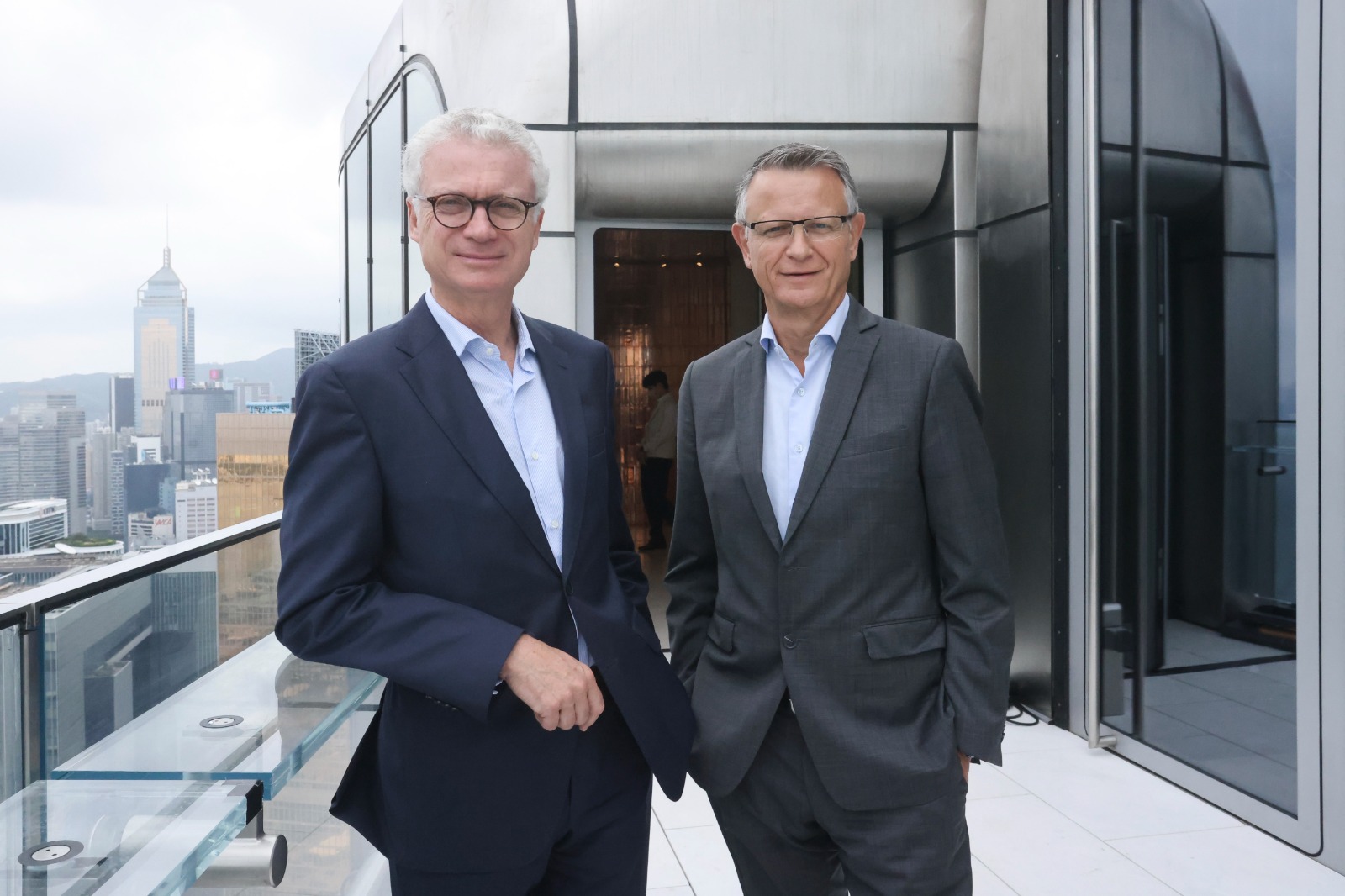This story was originally published in South China Morning Post
Wealthy European families are increasingly interested in investing in Hong Kong and setting up family offices in the city to diversify their portfolios and tap China’s long-term growth prospects, according to BNP Paribas.
“Hong Kong has implemented a very attractive framework to develop the family office business, which is good for our clients and for us,” said Vincent Lecomte, the French bank’s global wealth-management CEO. “This is why we are very supportive of all the initiatives, ranging from tax incentives to the migration scheme.”
Wealthy clans set up family offices to handle investments, succession planning, charitable efforts and other endeavours. Over the past two years the Hong Kong government has rolled out a number of initiatives to attract them, including tax incentives and an investment-migration scheme.
“Stability is essential because family offices are set up to meet the long-term objectives that these families have to preserve their wealth, transfer their wealth and grow their wealth over several generations,” Lecomte said in an exclusive interview on Thursday during a visit to Hong Kong.
“As such, it is important to have a framework, and the Hong Kong government’s policies have gone in the right direction to support the family offices in achieving their objectives,” he added.
Hong Kong Chief Executive John Lee Ka-chiu pledged in his annual policy address on Wednesday to expand the scope of tax concessions for single-family offices. He also said the cash-for-residency arrangement, known as the Capital Investment Entrant Scheme, would begin counting residential property investments toward eligibility.

Previously, the scheme only counted stocks, bonds, funds and insurance policies. Now investments in residential property worth at least HK$50 million (US$6.4 million) will count for up to HK$10 million of the required total capital investment of HK$30 million.
The recent stock market rally has made Hong Kong even more attractive, but Lecomte said family offices are coming to the city because of China’s “long-term growth story”, Lecomte said.
“The family offices are taking a very long-term view, and they are not chasing short-term profit,” he added. “They come to Hong Kong because they want to believe in the long-term growth of Hong Kong and China.”
Arnaud Tellier, Asia CEO of BNP’s wealth-management unit, said he would like to see more policies to attract family offices from Europe.
“In fact, there are many European family offices interested in the Hong Kong market,” he said. “We would like to see the Hong Kong government have more policies and promotions to show that Hong Kong is very much open to welcoming European families.”
The largest bank in France and the European Union, BNP Paribas has been in Hong Kong for more than 150 years, serving many wealthy customers for generations. The bank has introduced a two-day event last week in Hong Kong and Shenzhen for a large cohort of next-geners of its private bank clients to establish network and to share experience.
“Many family offices in Hong Kong are run in an extremely professional manner and well structured,” Lecomte said. “Looking ahead, Hong Kong can play a bigger role as a family office centre in the region because it is close to mainland China.”
Many European customers, like entrepreneurs and families in Asia, focus on their local businesses but invest their wealth internationally as a diversification, he said.
Lecomte said he does not think Hong Kong and Singapore are competitors in terms of family offices.
“Hong Kong and Singapore are complementary with each other, as many family offices will have people in different markets to do investment,” he said.

